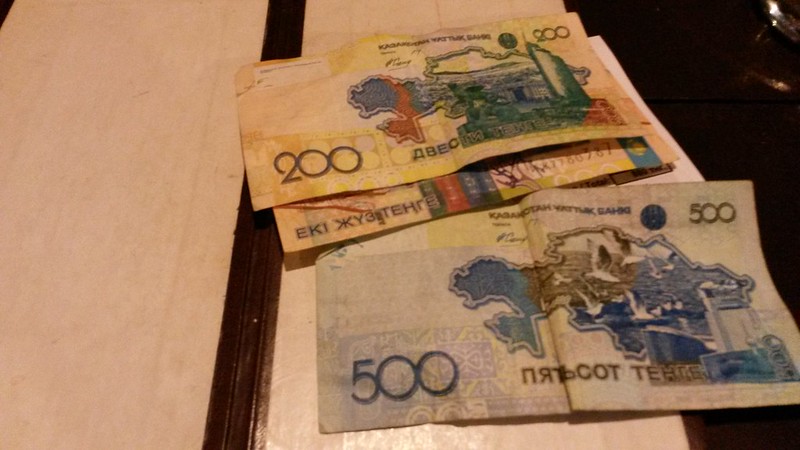The diverging economic interests of Moscow and Astana
The instability of the rouble is also putting the economies of Central Asian countries in serious difficulty. In recent days, Kazakh President Tokaev replaced the central bank governor who had allowed the local currency to be devalued. Kazakhstan is ready to help Russia, but not to end up in the abyss with it.
Moscow (AsiaNews) - Russia and Kazakhstan have declared on various recent occasions that they are ready for development and collaboration within the Eurasian Economic Union (EAES), but the instability of the ruble is putting this plan in serious difficulty, creating significant imbalances also in the other Central Asian partners.
The authorities in Astana are moving along completely opposite lines to those in Moscow, as demonstrated in recent days by the replacement of the head of the Kazakh Central Bank by President Kasym-Žomart Tokaev, who fired the 51-year-old Galymžan Pirmatov, who had allowed the devaluation of the local tenge, with 45-year-old Timur Suleymenov, former economy minister.
Kazakhstan's financial policy is based rather on the oriented control of the "financial membranes" on the Chinese model, which the Russians, who currently remain in a strong impasse, would also like to turn to.
The Prime Minister of Moscow, Mikhail Mišustin, went to Astana on the occasion of the Innoprom exhibition, meeting Tokaev with the aim of agreeing on the direction to take together in the financial field, leveraging the enormous growth in trade between the two countries, which “they have broken all historical records,” with major joint projects in automobiles, aviation and light transportation, petroleum chemistry, metallurgy and digital development.
However, the problem concerns the financial part, due to the limitations on the use of international hard currencies. Trading in rubles often imposes strong risks, due to the indeterminacy of its course and continuous devaluation, and the Central Bank has so far not wanted to impose control, trying to continuously increase rates, without obtaining results or fluctuations in inflation , nor on currency ones. And this policy of Moscow is absolutely unacceptable for the Kazakh authorities.
Before sending Pirmatov home, President Tokaev had repeatedly criticized the State Bank for the high rates imposed in order to contain inflation. In his opinion, in this way the Kazakh banks ended up accumulating extra profits, and the possibility of "a more equitable redistribution, taking into account the interests of the State" must instead be evaluated.
Furthermore, since the summer the tenge has also suffered a strong weakening against the dollar, similarly to the ruble, which is continuing its decline, destabilizing the entire budget of the Russian Federation, and the way out is still not found.
An excessive tightening of monetary and financial policy could make investments increasingly difficult and slow down the increase in domestic production, as warned by the Minister of Economic Development of Russia, Maksim Rešetnikov, in a speech to the Federation Council, the Senate of Fly.
The volatility of the ruble and inflation cannot be addressed only with rate increases or a return to standard currency control measures, observes Rešetnikov, and the Chinese model must be studied carefully, where the internal market of the yuan is divided from the external, without necessarily arriving at "a double currency rate".
Over 35% of export earnings are reported in rubles, which travel from offshore locations and return to Russia, creating a short circuit that is difficult to resolve. The minister describes a situation whereby various trading structures “take rubles from us, take them out and conduct exchange operations that are unfavorable to us, in a perverse game of the ruble against the ruble.”
The entire Russian economy risks remaining "hostage to uncontrollable finance", finally succumbing to the pressures originating from Western sanctions. Kazakhstan is ready to help Russia, but not to fall into the abyss with her.
Photo: Flickr / Alex J. Butler







.png)










